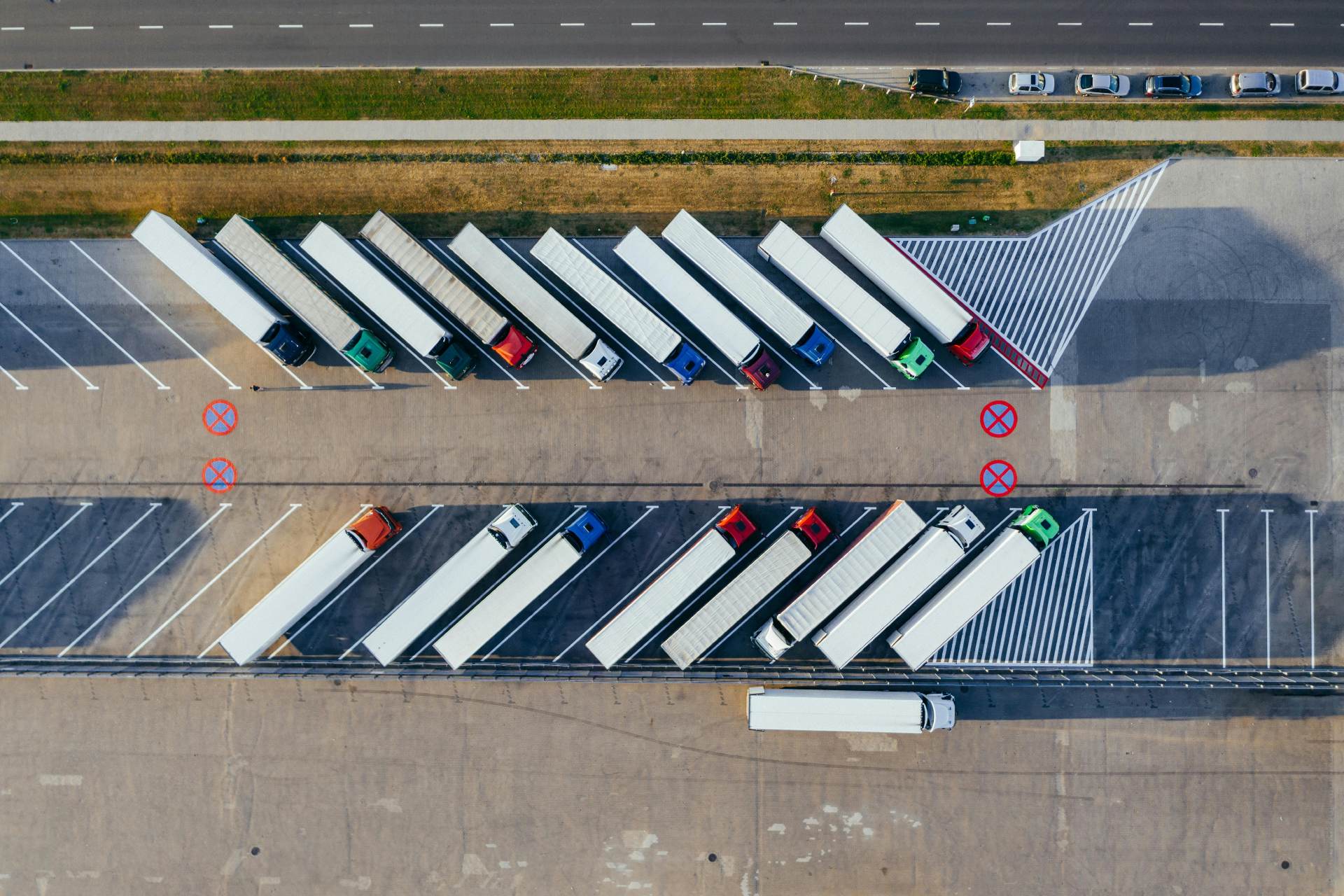In a significant move towards enhancing corporate accountability and sustainability, the European Parliament has greenlit the Corporate Sustainability Due Diligence Directive (CSDDD). The directive, approved on 24 March 2024, received a vote of 374 in favour, with 235 against and 19 abstentions.
The CSDDD is poised to shift the way companies operate within the European Union, requiring firms and their supply chain partners to address their negative impacts on human rights and the environment. These impacts include issues such as slavery, child labour, biodiversity loss, and pollution or destruction of natural heritage.
How does the directive impact business?
Under the new law, companies that fall within scope will be required to complete a full audit of their “upstream” suppliers in design or manufacture, and their “downstream” suppliers who transport, store, and distribute products. They must also adopt a transition plan in line with the Paris Agreement. Those who don’t comply may face fines of up to 5% of companies net worldwide turnover, and face “naming and shaming” from Parliament.
The scope of the directive is broad, encompassing both EU-based companies and non-EU entities with substantial operations within the EU market. Specifically, it applies to companies and parent companies with over 1,000 employees and a worldwide turnover exceeding €450 million.
Following the plenary vote, lead MEP Lara Wolters (S&D, NL) said, “Today’s vote is a milestone for responsible business conduct and a considerable step towards ending the exploitation of people and the planet by cowboy companies. This law is a hard-fought compromise and the result of many years of tough negotiations.”
When can we expect to see implementation of the CSDDD?
Implementation of the CSDDD will be gradual, with larger companies facing earlier deadlines. Starting from 2027, EU companies with over 5,000 employees and a worldwide turnover exceeding €1.5 billion, as well as non-EU companies with significant EU turnover, will be required to comply.
From 2028, firms larger than 3,000 employees with a €900m worldwide turnover must comply, as well as non-EU companies that have EU turnover greater than €900.
Subsequent phases will see the directive extending its reach to smaller companies by 2029.
Next steps
Approval of the CSDDD has been marked by extensive negotiation and deliberation. Following a provisional agreement in December 2023, the European Council endorsed a revised draft in March 2024 after further discussions.
The next steps involve formal adoption by the Council and signing, expected to take place in May 2024. Once endorsed by Member State representatives and EU Ministers in the Competitiveness Council, the directive will be published in the EU Official Journal and come into force 20 days later.
Member States will then have a two-year window to transpose the directive into their national laws, ensuring uniformity in implementation across the EU.
If the content of this or any of our articles has interested you, please get in touch for a no-obligation chat with our industry-leading experts at Sustainable Energy First.













